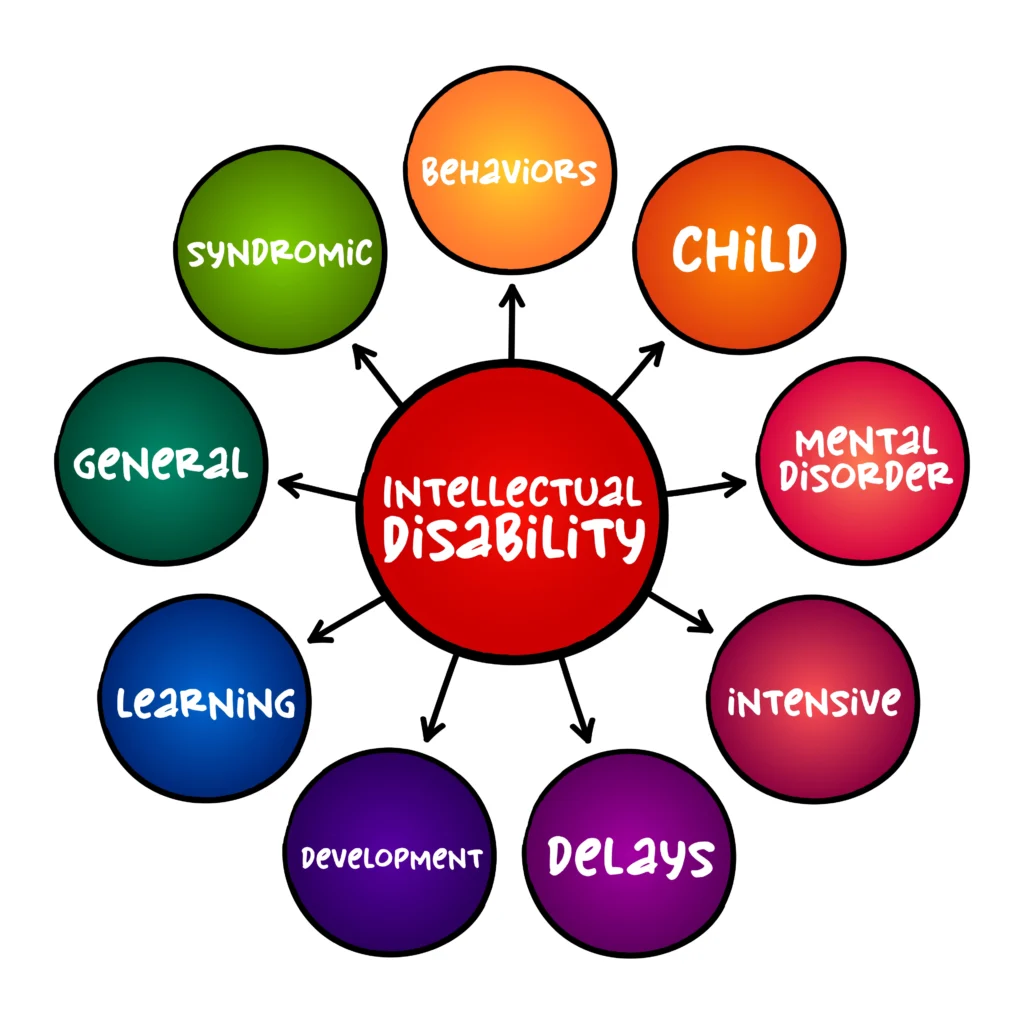Intellectual Disability Fact Sheet

An intellectual disability characterized by significant limitations both in intellectual functioning and in adaptive behavior as expressed in conceptual, social, and practical adaptive skills. This disability originates before the age of 18. A complete and accurate understanding of an intellectual disability involves realizing that an intellectual disability refers to a particular state of functioning that begins in childhood, has many dimensions, and is affected positively by individualized supports. As a model of functioning, it includes the contexts and environment within which the person functions and interacts and requires a multidimensional and ecological approach that reflects the interaction of the individual with the environment, and the outcomes of that interaction with regards to
independence, relationships, societal contributions, participation in school and community, and personal well being.
Five assumptions essential to the application of intellectual disabilities:
- Evaluate limitations in present functioning within the context of the individual s age, peers and culture.
- Take into account the individual s cultural and linguistic differences as well as communication, sensory, motor, and behavioral factors.
- Recognize that within an individual limitations often coexist with strengths.
- Describe limitations so that an individualized plan of needed supports can be developed.
- Provide appropriate personalized supports to improve the functioning of a person with an intellectual disability.
Definitions:
1.)Disability: A disability refers to personal limitations that represent a substantial disadvantage when attempting to function in society.
A disability should be considered within the context of the environment, personal factors, and the need for individualized supports.
2.)Intelligence: Intelligence refers to a general mental capability. It involves the ability to reason, plan, solve problems, think abstractly, comprehend complex ideas, learn quickly, and learn from experience. Although not perfect, intelligence is represented by Intelligent Quotient (IQ) scores obtained from standardized tests given by a trained professional. In regard to the intellectual criterion for the diagnosis of an intellectual disability, an intellectual disability is generally thought to be present if an individual has an IQ test score of approximately 70 or below. It is important to remember, however, that an IQ score is only one aspect in determining if a person has an intellectual disability. Significant limitations in adaptive behavior skills and evidence that the disability was present before age 18 are two additional elements that are critical in determining if a person has an intellectual disability.
3.)Adaptive Behavior: Adaptive behavior is the collection of conceptual, social, and practical skills that people have learned so they can function in their everyday lives. Significant limitations in adaptive behavior impact a person’s daily life and affect the ability to respond to a particular situation or to the environment.

